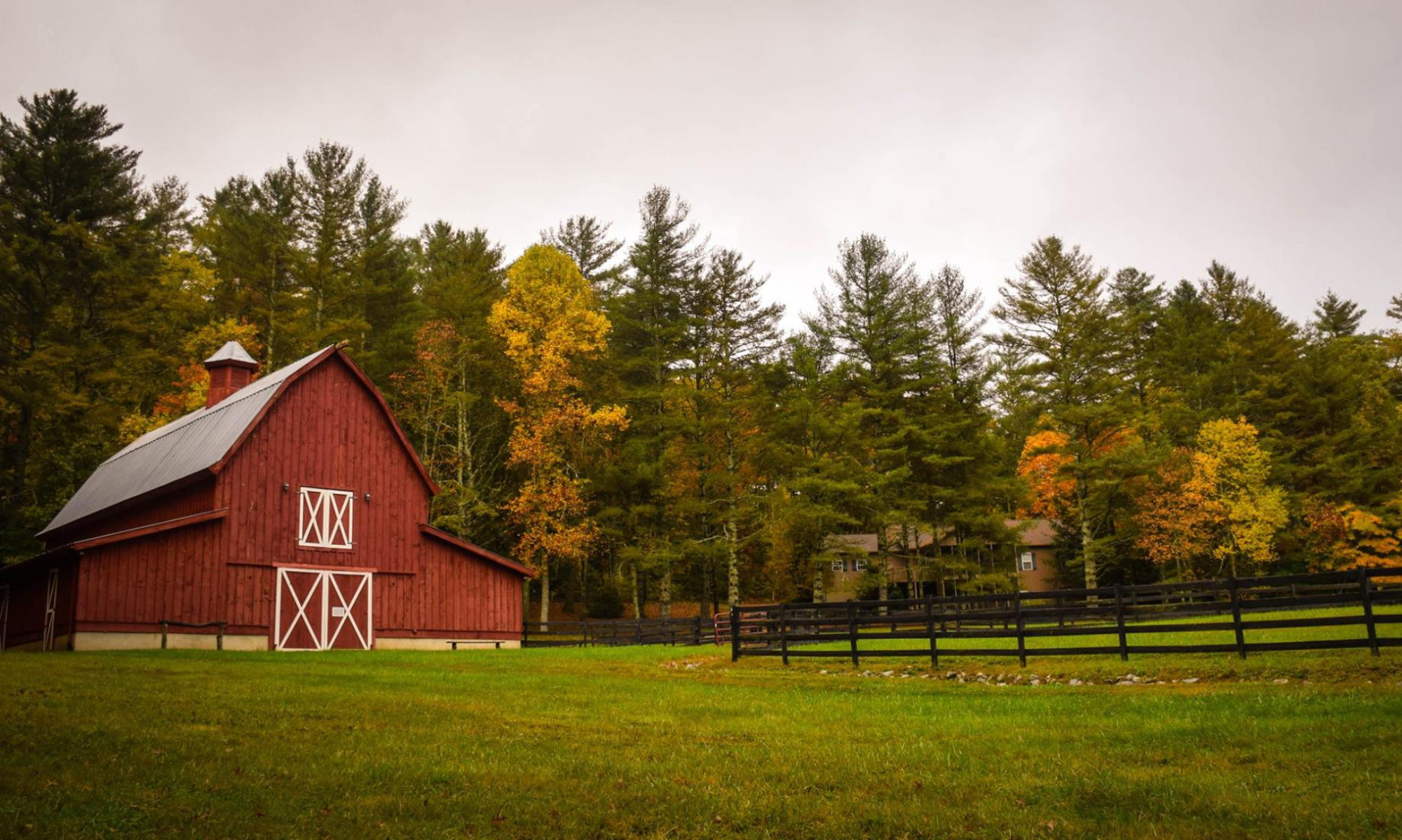Last September (and again this March) the WTO ruled that U.S. cotton subsidies violated international trade agreements and ordered that they be lifted by July 1. As the deadline draws near the fervor around the issue is growing.
Yesterday Brazil threatened to retaliate if Washington doesn’t come forward with a plan.
BRASILIA, Brazil – 06/17/05 – Brazilian lawmakers have said that they are seriously considering removing protections on the intellectual property rights of US companies operating in the South American country if Washington fails to explain how it intends to move on plans to modify the existing US cotton subsidy mechanism.
Brazil isn’t the only country waiting to hear from Washington.
World cotton prices have dropped 30 percent in the past 18 months, increasing rural poverty in many African countries. Even in Egypt, for which cotton is not a crucial commodity, this shift has caused farmers to switch to growing rice, despite the fact that Egyptian long-staple cotton is considered to be one of the best in the world—whereas Egyptian rice has no particular competitive advantage. According to the British-based anti-poverty NGO Oxfam, “This system [of U.S. cotton subsidies] pits a typical Malian producer, farming two hectares of cotton, who is lucky to gross $400 a year, against US farms which receive a subsidy of $250 per hectare.â€
“For the past three years, African cotton producers have not been able to make a decent living because of American subsidies,†said Sero Zorobouragui of the African Cotton Producers Organization.
U.S. cotton growers can be relatively assured that they will receive their check this fall, and it’s difficult to imagine that changing drastically in the near future. However, in 2003 the Bush Administration was forced to lift protective legislation aimed at the U.S. steel market after a similar ruling by the WTO.
Withdrawing from such free trade agreements seems to be one solution, though that isn’t likely to happen anytime soon. Shifting more subsidies to the unregulated “green box†category is another. The Conservation Security Program falls into the “green box,†but this program has seen little support in our current political climate.
Whatever happens in coming months the issue of agriculture subsidies will continue to be a growing issue. Any win-win solution will take significant work on the part of multiple players.
Update: The KickASS (Kick all Agricultural Subsidies) blog reports that Paul Wolfowitz, while in Africa, said that key to helping Africa’s poor cotton growers was to cut the subsidies paid to US and agriculture producers.

nice